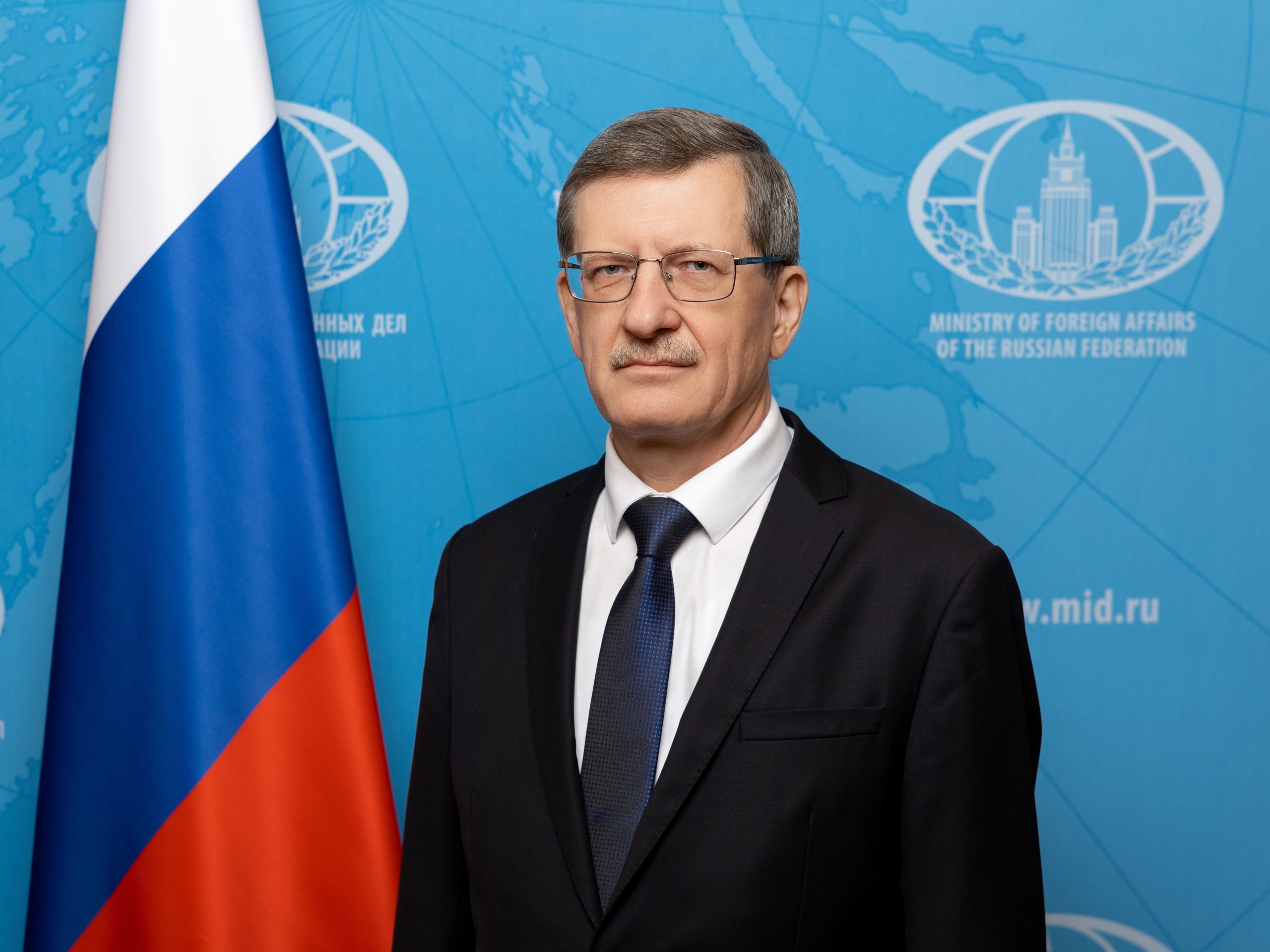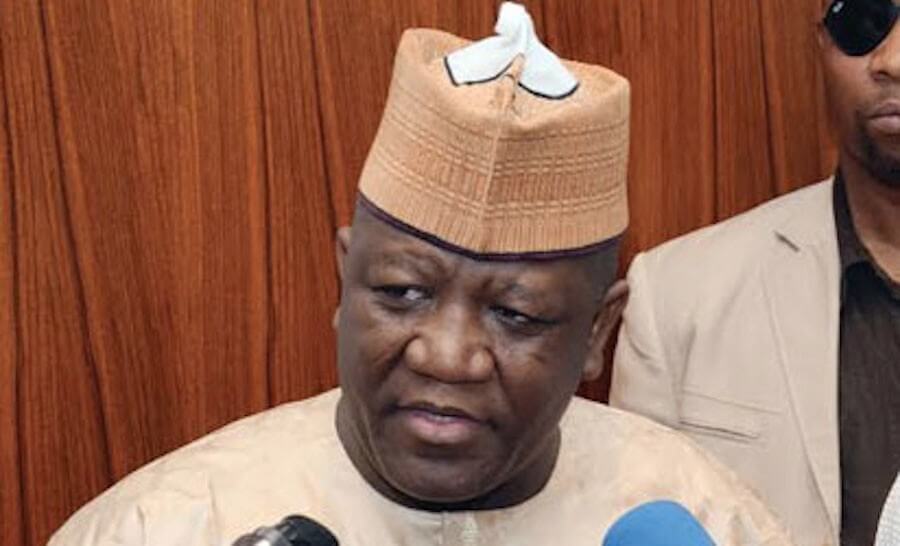The recent arraignment of 32 minors on treason charges over their involvement in #EndBadGovernance protests sparked public outrage and raised legal questions. Although the federal government withdrew the charges under public pressure, AMEH OCHOJILA reports that the case exposed jurisdictional challenges within Nigeria’s legal framework concerning juvenile offenders.
The recent arraignment of 32 minors on charges of treason ignited a wave of public outrage nationwide, drawing criticism from civil society groups, rights activists, and even state governors.
The minors, who had been held in detention for three months, were arrested in various states, including Abuja, Kaduna, Gombe, Jos, Katsina, and Kano and were accordingly charged with terrorism and treason in connection with the August #EndBadGovernance protests.
In response to mounting pressure and public criticism of the handling of the minors, President Kashim Shettima announced that President Bola Tinubu had instructed the Attorney General of the Federation (AGF) to facilitate the minors’ release on compassionate grounds.
Consequently, the Federal High Court in Abuja struck out the treason charge preferred against the minors following the withdrawal of the suit by the Federal Government.
Justice Obiora Egwuatu struck out the charge after the application for the discontinuance was moved by Mr Mohammed Abubakar, counsel to the Attorney-General of the Federation (AGF) and Minister of Justice, Mr Lateef Fagbemi (SAN).
However, legal experts argued that Nigeria’s legal system is grounded in laws designed to protect the rights of minors, acknowledging their developmental vulnerabilities and prioritising rehabilitation over punishment.
This principle aligns with the Child Rights Act (CRA) of 2003, which calls for the creation of Family Courts specifically to handle juvenile cases, thereby emphasising the protection and growth of minors.
Notwithstanding, in cases where federal offences like treason are alleged, jurisdictional questions arise, often creating complex legal challenges. But Fagbemi disagrees. At the grand opening of the Law Corridor new office complex in Abuja, he insisted that no Nigerian law explicitly exempts minors from prosecution for criminal offences, including serious charges like treason.
Similarly, the Nigeria Police Public Relations Officer, Muyiwa Adejobi, maintained that children above seven can be charged in court. Adejobi stated this while responding to questions regarding the arraignment of the #EndBadGovernance minors at the Federal High Court in Abuja.
According to him, those exempted from criminal liability under the law are children under seven, emphasising that the arraigned individuals are 13 years old and above. He said: “Those exempted from criminal liability under the law are those below seven. Once you are above seven, you can be charged to court.
“The only consideration is the specific procedures required. None of them is younger than seven. The youngest is around 13.” The issue is that the Federal High Court, which typically handles federal offences, lacks a specialised framework for juvenile cases. The CRA mandates a child-sensitive approach through Family Courts, but these courts are structured at the state level, not the federal level, raising significant jurisdictional and procedural issues.
The CRA emphasises that juvenile detention should be a last resort, focusing on rehabilitation. However, federal cases involving minors are often brought before the Federal High Court, which is not legally or structurally equipped to address juvenile matters.
This is because the court lacks the rehabilitative focus and child-sensitive mechanisms of Family Courts, potentially contravening the CRA’s principles and subjecting minors to punitive environments that overlook their age and potential for reform.
The federal-state jurisdictional divide complicates the judicial handling of minor defendants accused of federal offences, creating a legal grey area. While the Federal High Court holds exclusive jurisdiction over certain serious matters, such as narcotics and terrorism, it remains unsuited to cases involving minors due to its limited provisions for juvenile justice.
This structural gap risks violating Nigeria’s commitments to international standards, including the UN Convention on the Rights of the Child, which calls for juvenile justice systems that prioritise the developmental needs of minors.
To address these discrepancies, some legal experts said that legislative reforms are necessary to clarify jurisdiction and align federal and state judicial practices.
They stressed that establishing specialised provisions within the Federal High Court or expanding Family Courts’ jurisdiction to include federal offences could ensure minors receive appropriate legal protections.
Such reforms would harmonise Nigeria’s legal framework, ensuring that minors accused of federal offences are treated consistently with national and international juvenile justice standards.
For senior lawyer, Moses Ebute, two major elements are crucial if a minor is involved in committing an offence. First, he is entitled to a legal practitioner, whether a Nigerian or not. It could be of his/their parents/Guardian’s choice or courtesy of the government via the Legal Aid Council, Human Rights Commission, Non-Governmental Organisations, the Nigerian Bar Association (NBA), etc. The minor’s right to a fair hearing begins from there.
Thereafter, his right to administrative bail, Ebute explained, will be considered even before a charge is framed and filed in court against him. The SAN said: “In charging a minor to court to face a criminal trial, the appropriate court is a Juvenile Court, not a regular court. It must be a Juvenile Court in the State or Judicial Division where the alleged crime was committed. It is necessary to state that such an offence must be known to law. In other words, the offence must be codified first and foremost.
“Anything outside the above is tantamount to injustice and nothing more. It’s not constitutional. It is a terrible aberration.” Also, Douglas Ogbankwa, a lawyer, said a child, by the definition of the Child Rights Act of 2007, operates within the sphere of the Juvenile Justice System. In this regard, a child is not expected to be remanded in adult prison custody.
“That is why we have welfare homes, child remand centres and juvenile homes. A child is also not expected to be charged to a regular court but a juvenile or family court. The procedure to be adopted in prosecuting a child is also not the same as that of a regular court.
“The Federal High Court lacks jurisdiction over juvenile matters by Nigerian law. The juvenile court seised jurisdiction over any crime allegedly committed by a juvenile. The proper forum to remand a child is not the prison, but the remand home, a specialised facility created in every jurisdiction to be a holding facility for minors,” Ogbankwa declared.
He described the arraignment of the minors at the Federal High Court as a funny novelty. The Judge, he said, should have asked the prosecutors to take them to the Juvenile Court.
According to him, the Child Rights Act provides that a child’s interest is paramount in any proceedings concerning a child, adding that a bond of N10 million is also very stringent.
Ogbankwa stressed that such stringent bail conditions draw attention to the need to review the rule guiding discretion as it is being abused. “Why should a bail bond for a child or juvenile be in millions? It actually depicts the “millionalisation” of Nigerian society,” he fumed.
Former Nigerian Bar Association (NBA) president, Joseph Daudu (SAN), believes the arraignment was wrong. He criticised the Federal Government for charging the minors with treason, deeming it “obscene” and an overreach of federal authority.
He argued that minors, if guilty, should face state-level charges, such as “conduct likely to cause a breach of peace” or “unlawful assembly” — all bailable and non-federal offences.
Daudu highlighted the inappropriateness of moving these cases to Abuja, the unnecessary detention period, and the minors’ poor conditions in custody, which violated their fundamental rights.
A Senior Advocate of Nigeria, Jerry Terka Aondo, noted that while the Criminal Code allows for prosecution at age 12, the Child Rights Act prohibits those under 18 from being tried in adult courts, emphasising that they should be processed through a child justice system instead.
He argued that treason involves organised insurrection against the state, which does not apply to minors participating in protests. The actions of these minors, such as waving flags or chanting slogans, he stated, do not meet the threshold for treason as they lack intent to overthrow the government.
“As a reminder, Nigeria is bound by international treaties, including the United Nations Convention on the Rights of the Child, which mandate that children should not face harsh penalties or be subjected to adult legal processes. Prosecution for treason contradicts these obligations and undermines children’s rights,” he stressed.
Aondo said the principle of acting in the child’s best interests is central to Nigerian law and international norms. According to him, subjecting minors to severe charges like treason and harsh bail conditions violates this principle, especially considering their vulnerable state during detention. He explained that the Administration of Criminal Justice Act prohibits detaining minors with adults and mandates
specific procedures for their treatment within the legal system.
The lawyer noted that the mass arraignment of those minors in a Federal High Court contravenes these legal protections, adding that the Child Rights Act provides specific protections for minors, preventing them from being tried for treason or subjected to adult criminal sanctions. Moreover, the Act, he added, explicitly prohibits the imposition of the death penalty on minors, aligning with international standards for children’s rights. He stated further that the law provides that minors be treated separately from adults in legal proceedings.
“In any case, the framework prioritises rehabilitation and social reintegration over punitive measures, reflecting a commitment to protecting children’s rights and welfare,” he said.
Aondo pointed out that the stringent bail conditions imposed on minors were a violation of the protections afforded by the Child Rights Act, emphasising the need for a more humane approach to juvenile justice.






